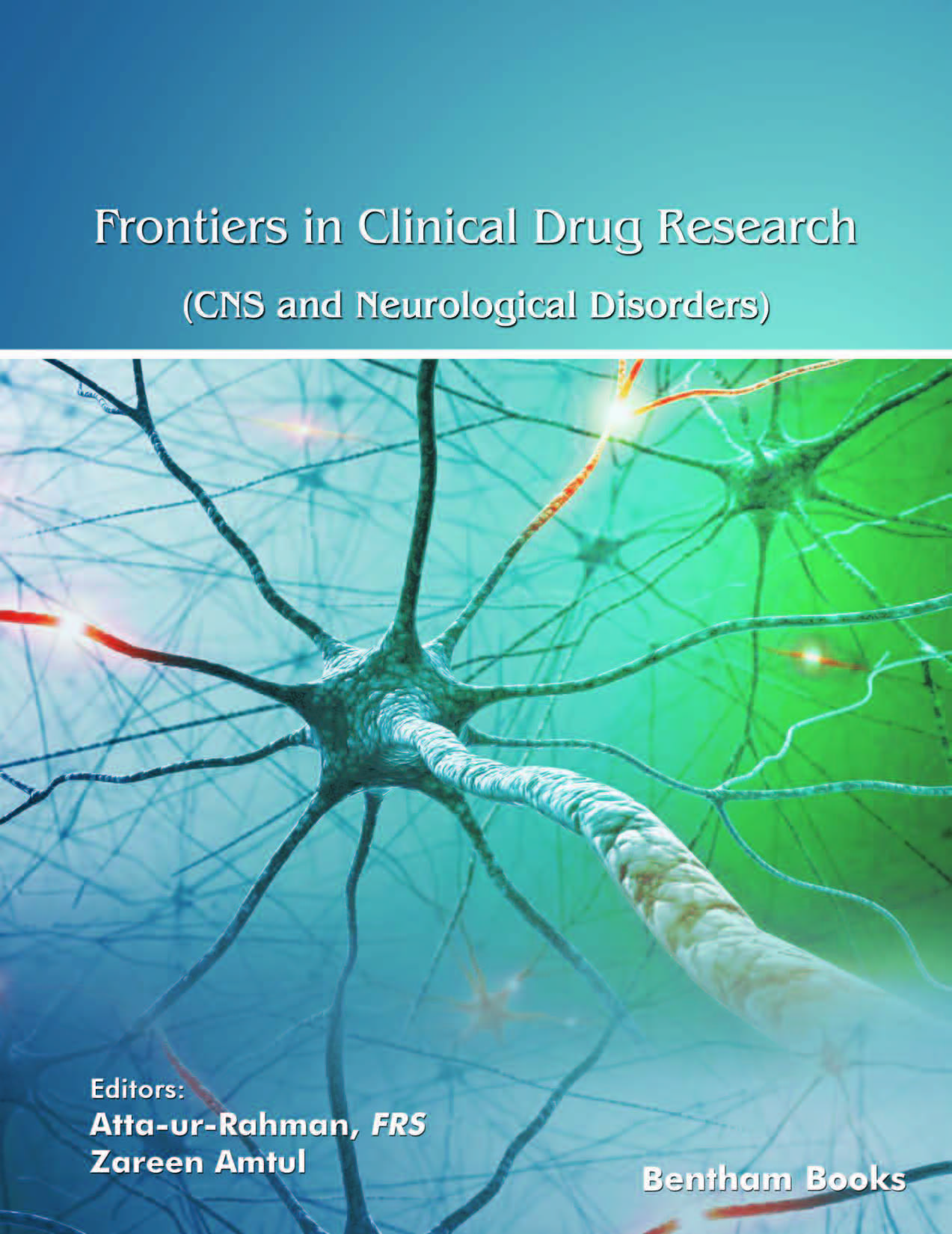Introduction
Frontiers in Clinical Drug Research - CNS and Neurological Disorders
is a book series that brings updated reviews to readers interested in advances in the development of pharmaceutical agents for the treatment of central nervous system (CNS) and other nerve disorders. The scope of the book series covers a range of topics including the medicinal chemistry, pharmacology, molecular biology and biochemistry of contemporary molecular targets involved in neurological and CNS disorders. Reviews presented in the series are mainly focused on clinical and therapeutic aspects of novel drugs intended for these targets. Frontiers in Clinical Drug Research - CNS and Neurological Disorders is a valuable resource for pharmaceutical scientists and postgraduate students seeking updated and critical information for developing clinical trials and devising research plans in the field of neurology.
The ninth volume of this series features reviews that cover the following topics related to the treatment of a different CNS disorders, related diseases and basic neuropharmacology research:
- -Integrating imaging and microdialysis into systems neuropharmacology
- -Depression heterogeneity and the potential of a transdiagnostic and dimensional approach to identify biologically relevant phenotypes
- -CAR-T cells in brain tumors and autoimmune diseases – from basics to the clinic
- -Revaluation of thyrotropin-releasing hormone and its mimetics as candidates for treating a wide range of neurological and psychiatric disorders
- -Natural BACE1 inhibitors: promising drugs for the management of Alzheimer’s disease
- -The possibilities of safe lithium therapy in the treatment of neurological and psychoemotional disorders
- -Pharmacotherapy of multiple sclerosis and treatment strategies
Audience:
Pharmaceutical scientists, clinical researchers, medical consultants and allied healthcare professionals interested in neuropharmacology and neurology.

